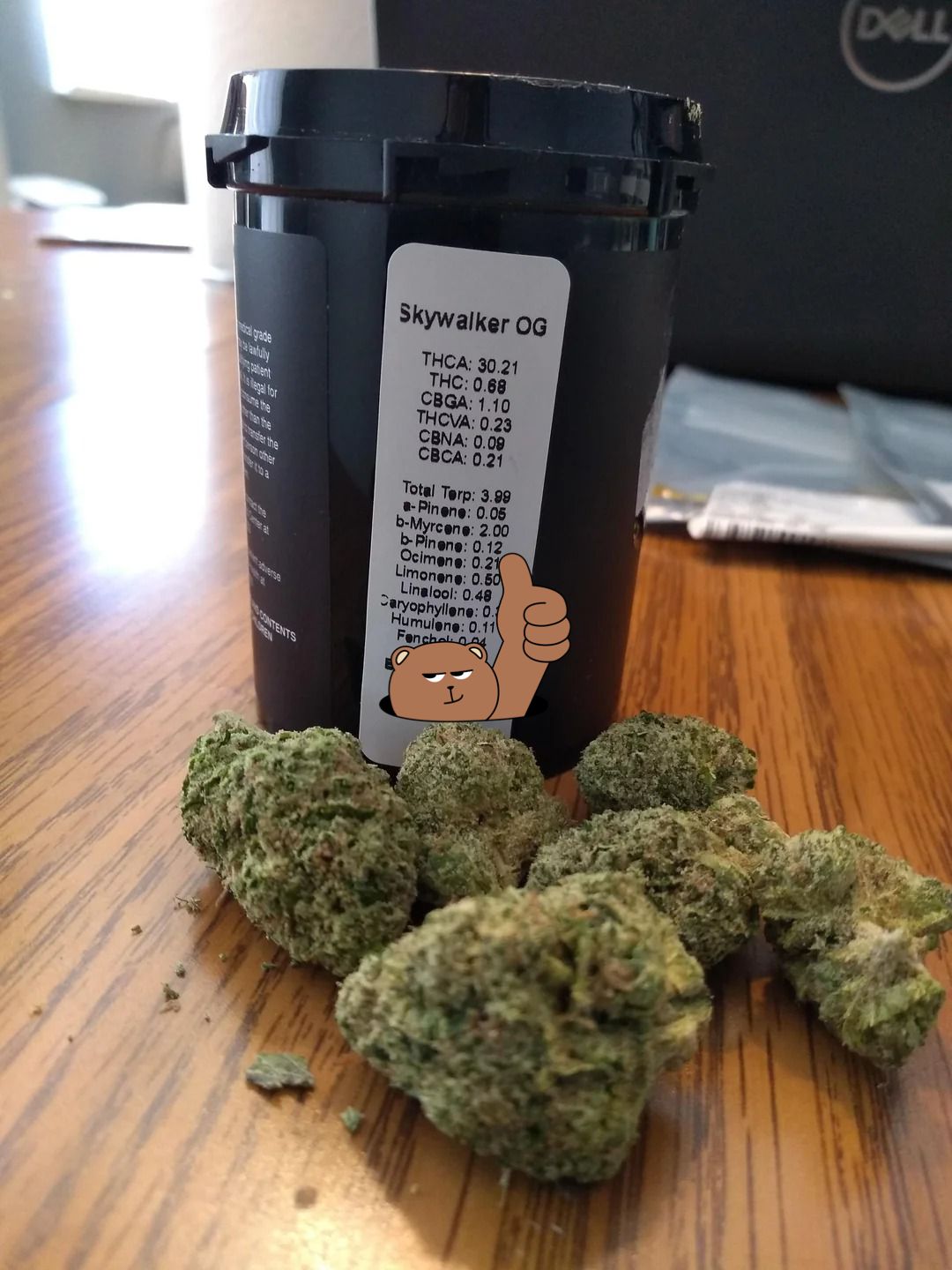Apartadó, Urabá, and the cannabis question (Nice introduction)

Apartadó is not the Colombia most travelers picture first. It’s not a colonial postcard town, and it’s not a backpacker hotspot built around nightlife. Apartadó is the practical heart of Urabá, a tropical, high-humidity sub-region of Antioquia with an economy strongly tied to agriculture—especially bananas and plantains—and with a strategic location not far from the Gulf of Urabá and routes toward the Darién frontier. (Wikipedia)
Because it feels “local Colombia,” visitors sometimes arrive with mixed assumptions about cannabis: some expect harsh, old-school prohibition everywhere; others assume Colombia’s long history with drugs means rules are loose. The reality is more nuanced—and in a place like Apartadó, context matters even more than the law’s headline points.
Colombia does recognize a long-standing concept that small amounts for personal consumption should not be punished the same way as distribution. That concept traces back to a major 1994 Constitutional Court ruling that decriminalized possession for personal use (minimum amounts) under rights-based reasoning. (Transnational Institute) But “decriminalized personal dose” is not the same as “legal market,” and it definitely does not mean tourists can safely treat cannabis as casual, public, or purchasable.
This guide is written for human readability and travel awareness. It does not provide instructions on where to buy or how to source. Instead, it explains how Colombia’s rules are commonly understood, why Apartadó’s location can change your risk profile, and what practical, legal alternatives make more sense for travelers.
Apartadó at a glance for travelers
Apartadó is a municipality in Antioquia and part of the Urabá sub-region, with a hot, humid tropical climate and an economy centered on agriculture (bananas/plantains are a major theme). (Wikipedia) If you’re visiting, your experience is likely to feel “functional” rather than tourist-oriented: buses, local commerce, and working-city rhythms/weed in Apartadó.
Why that matters for cannabis content:
- You may stand out as a visitor. In less tourist-saturated places, outsiders can attract attention faster.
- The consequences of misunderstandings are higher. Language gaps, unfamiliar local norms, and unpredictable enforcement add friction/weed in Apartadó.
- Regional security context is part of trip planning. Multiple official travel advisories emphasize elevated risks across Colombia (crime, kidnapping, terrorism/civil unrest), even if they don’t single out every municipality. (Travel.state.gov)
If you’re building a “Weed in Apartadó” page for a travel site, the smartest positioning is: risk-aware, law-based, and prevention-focused.
Cannabis in Colombia: the core legal idea
Colombia’s cannabis story is often summarized in one sentence: small personal-use possession has been treated differently than trafficking.
Two key milestones show up repeatedly in reputable summaries:
- 1994 Constitutional Court ruling: decriminalized possession for personal use/minimum amounts under constitutional rights reasoning. (Transnational Institute)
- “Minimum dose” benchmark: the “minimum dose” idea is commonly referenced as up to 20 grams of cannabis for personal consumption in longstanding policy/legal discussion (originating in Law 30 of 1986 and subsequent legal interpretations). (Cato Institute)
What the above does not create:
- It does not create a legal recreational retail market.
- It does not legalize street sales.
- It does not guarantee you won’t be stopped, searched, or temporarily detained in a real-world encounter.
A useful way to phrase it in travel language is: Colombia separates “personal dose” from “distribution,” but tourists should avoid putting themselves in situations where police suspect the second.
Personal dose vs. trafficking: why “intent” matters
In many legal systems, “what you have” is only half the story; “what you appear to be doing” is the other half.
In Colombia, the minimum-dose concept sits beside a stronger prohibition on distribution. Summaries of Colombia’s legal landscape emphasize that possession “for the purpose of distribution or sale” remains a criminal problem, regardless of quantity. (Cato Institute)
For travelers, that translates into practical red flags that can turn a small situation into a bigger one:
- behavior that looks like selling,
- carrying multiple packages,
- carrying other items associated with distribution,
- public dealing or meeting strangers for transactions,
- and any scenario near sensitive places (schools, crowded public spaces, transit hubs).
If you want your article to be responsible and high-trust, keep the advice simple: don’t purchase, don’t carry, don’t consume publicly—especially outside major tourist areas.
Cultivation: the “20 plants” headline (and why tourists shouldn’t treat it as relevant)
A common talking point in Colombia cannabis coverage is that the Supreme Court has been reported as allowing cultivation up to 20 plants for personal use in certain interpretations. (Colombia News)
Even if a headline like that is true in broad strokes, it is not a travel tip for visitors in Apartadó. For tourists, “cultivation allowances” are mostly irrelevant because:
- you’re unlikely to be cultivating while traveling,
- cultivating can still be interpreted differently depending on circumstances,
- and anything that appears connected to distribution can raise the stakes quickly.
If you mention the 20-plant concept at all, present it as background context about Colombia’s “personal use” framework—not as something visitors should act on.
Apartadó’s regional context: why safety planning matters more here
Apartadó’s location in Urabá matters because Urabá is not just “another city zone.” It’s a strategic corridor region in national conversations about routes, rural dynamics, and security challenges. Even without a municipality-specific warning, official travel advisories for Colombia consistently emphasize crime and kidnapping risk nationally and advise increased caution. (Travel.state.gov)
What this means for a cannabis-related traveler behavior:
- Anything connected to illicit markets increases personal risk.
- Meeting strangers for transactions can expose you to scams, robbery, or coercion.
- In places where you don’t know the “street rules,” cannabis can become the excuse that puts you in the wrong situation.
A travel guide that takes Apartadó seriously should say it plainly: the riskiest part of cannabis for visitors is not the plant—it’s the social and criminal ecosystem you may brush against while trying to obtain it.
Public consumption: the most avoidable mistake
Colombia’s personal-dose concept is commonly discussed in terms of possession, but travelers often forget the “public behavior” factor. Public consumption can combine:
- visibility,
- complaints,
- police interaction,
- and misunderstandings (“Are you selling?” “Are you causing disorder?”)
In a non-touristy environment, public cannabis use can draw attention faster, and attention is the enemy of an easy trip.
If your goal is a smooth visit to Apartadó—work trip, family visit, transit stop—your best strategy is boring and effective: avoid public use entirely.
Medical cannabis in Colombia: the 2025 change you should actually mention
If you want your Apartadó page to feel current and credible, include Colombia’s significant medical update:
In 2025, Colombia approved Decree 1138 of 2025, which authorized the commercialization/sale of medical cannabis flower under prescription controls (pharmacies/drugstores and related authorized channels), while explicitly not legalizing recreational use. (El País)
A high-quality way to explain this to travelers:
- Medical cannabis is regulated and prescription-based.
- This change expands the formal medical framework (flower as a final product) but does not create tourist-friendly recreational access.
- Foreign travelers should not assume they can “use medical rules” as a shortcut to casual cannabis use.
This keeps your article updated without drifting into sourcing advice.
Health and harm reduction (without enabling illegal activity)
Even if you never mention “how to get weed,” you can still make your guide genuinely useful by focusing on harm reduction and trip safety—especially in a hot, humid place like Apartadó:
- Heat + dehydration: Urabá climate can intensify dizziness and anxiety—hydrate consistently and use electrolytes if you’re sweating a lot. (Wikipedia)
- Avoid mixing substances: cannabis + heavy alcohol is a common path to impaired judgment and risky decisions.
- Don’t ride motorbikes or drive impaired: traffic and road conditions can turn a small mistake into a serious incident.
- Keep your ID secure: avoid carrying passport casually; use hotel safe practices when possible.
- Don’t isolate at night: official travel advice for Colombia routinely warns about crime risk; use trusted transport and stick to well-lit, populated routes. (GOV.UK)
A good travel page helps readers protect themselves—even if the best choice is avoiding cannabis altogether.
Legal alternatives in Apartadó that fit the trip
Many travelers seek cannabis for one of four reasons: sleep, stress relief, mood lift, or pain management. You can offer alternatives that don’t trigger legal or safety risk:
- Sleep reset: eye mask + earplugs + consistent bedtime; reduce afternoon caffeine.
- Body-based calm: stretching, short walks early morning/late afternoon (avoid peak heat), breathwork.
- Food and hydration routines: stable blood sugar + hydration reduces “edgy” travel stress more than people realize.
- Local culture without risky nightlife: choose safe, familiar venues rather than “random scene exploration.”
These suggestions also make your article useful to non-cannabis readers—good for SEO and user trust.
FAQs: Weed in Apartadó
Is weed legal in Apartadó, Colombia?
Recreational cannabis sales are not legal in Colombia. Colombia does recognize a personal-dose concept (decriminalized personal possession in minimum amounts), but that does not equal a legal recreational market. (Transnational Institute)
What is Colombia’s “personal dose” for cannabis?
A commonly cited benchmark is up to 20 grams as a “minimum dose” concept in Colombia’s policy/legal discussion. Context and intent still matter, and anything suggesting distribution increases legal exposure. (Cato Institute)
Can tourists buy weed legally in Apartadó?
There is no legal recreational retail system. Buying/selling remains illegal, and trying to purchase through informal markets increases both legal and personal safety risk. (The Dial)
Is public smoking safe or tolerated?
Public use increases visibility and the chance of police interaction or complaints. In a less tourist-oriented city, it can draw attention quickly. The safest travel approach is to avoid public consumption entirely.
Is medical cannabis legal in Colombia?
Yes—Colombia has a regulated medical cannabis framework. In 2025, Decree 1138 of 2025 authorized medical cannabis flower sales under prescription controls, without legalizing recreational use. (El País)
Does the 2025 decree mean recreational cannabis is legal now?
No. The decree expands medical access under regulated conditions; it does not legalize recreational cannabis. (El País)
Is Apartadó safe for travelers?
Official advisories generally urge increased caution in Colombia due to crime and kidnapping risks. Plan transport carefully, avoid risky situations, and follow current government travel advice for your nationality. (Travel.state.gov)
What’s the best legal way to relax in Apartadó?
Focus on climate-smart routines: hydration, early/late walks, food consistency, and sleep hygiene tools. These reduce stress without introducing legal or safety risks.

Skywalker product exceeded my expectations in both potency and purity, I really appreciated the discretion and professionalism in the delivery process , you can reach to him on Telegram t.me/skywalkerOG_1 and also there email realskywalkerog1@gmail.com
“Man, that skywalker OG you gave me last night was fire. Smoothest smoke I’ve had in months.”

Great service, easy to work with and I’m very satisfied. I’m so happy I found skywalker here. He is super responsive, on time and the quality of weed he sells are serious on point and top notch.